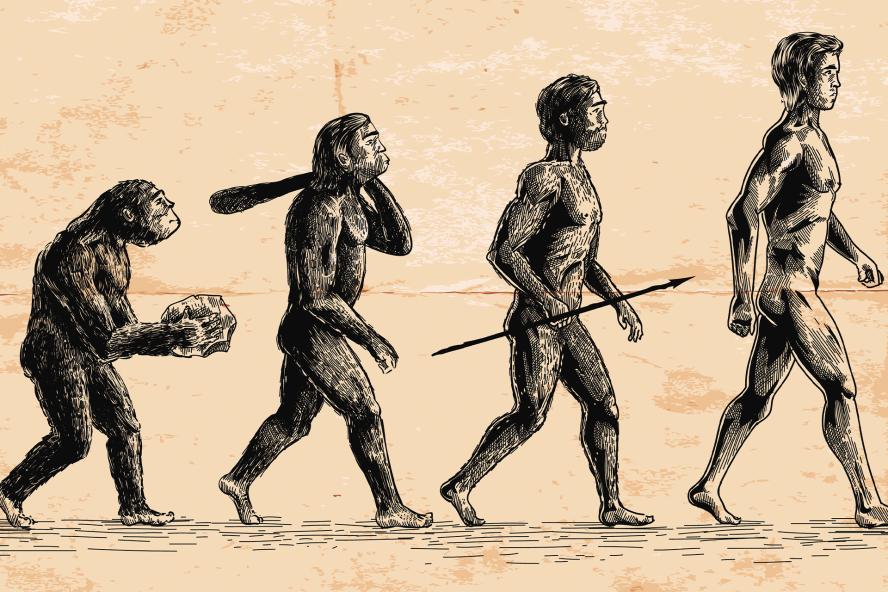Anthropology is the study of people. It looks at where humans come from, how they have changed over time, their cultures, traditions, languages, and how they live together in society. It also studies how humans interact with the environment and how their bodies and behavior have adapted over time.
The word comes from the Greek words “anthropos” (human) and “logos” (study). While the idea of studying humans has existed for a long time, anthropology as a science became more developed in recent centuries.
Anthropology brings together knowledge from other fields, like biology, history, sociology, archaeology, and linguistics, to better understand humans as a whole.
Main Areas of Anthropology:
- Biological Anthropology
Looks at the physical side of humans, like evolution, genetics, and how our bodies adapt to different environments. - Cultural Anthropology
Studies human cultures, including customs, traditions, beliefs, languages, arts, and social systems. - Social Anthropology
Focuses on how people live together in communities, their daily lives, and how they interact with one another. - Archaeology
Studies the past by looking at physical remains, such as tools, buildings, and other objects left behind by humans. - Linguistic Anthropology
Examines how people use language, how languages change over time, and how they affect culture and communication. - Anthropology of Religion
Studies the religious beliefs, myths, and practices of different groups of people.
Why Should Ordinary People Learn About Anthropology?
- Understand Who You Are
Anthropology helps us learn where we come from, why we have certain traditions, and how history shapes the way we live today. - Understand the World Around You
It helps explain big global issues, like why countries fight, how cultures shape politics, or how the world is changing. - Respect Other Cultures
Learning about other people’s traditions and ways of life helps us avoid stereotypes and be more open-minded. - Solve Everyday Problems
Anthropology teaches how values and traditions pass from one generation to another and how to avoid conflicts, making it useful for family life and relationships. - Learn from the Past
By understanding how people lived long ago, we can see why the world is the way it is today, including issues like inequality or migration. - Think About Our Shared Future
Anthropology shows that all humans are connected by a shared past and reminds us that we all share responsibility for the planet’s future.
In Simple Terms
You don’t need to become an expert in anthropology, but knowing some basic facts — like where humans come from and how we’ve developed — can help you understand yourself, other people, and the world better. Anthropology teaches us that we are all connected, and it helps make life more meaningful and thoughtful.
